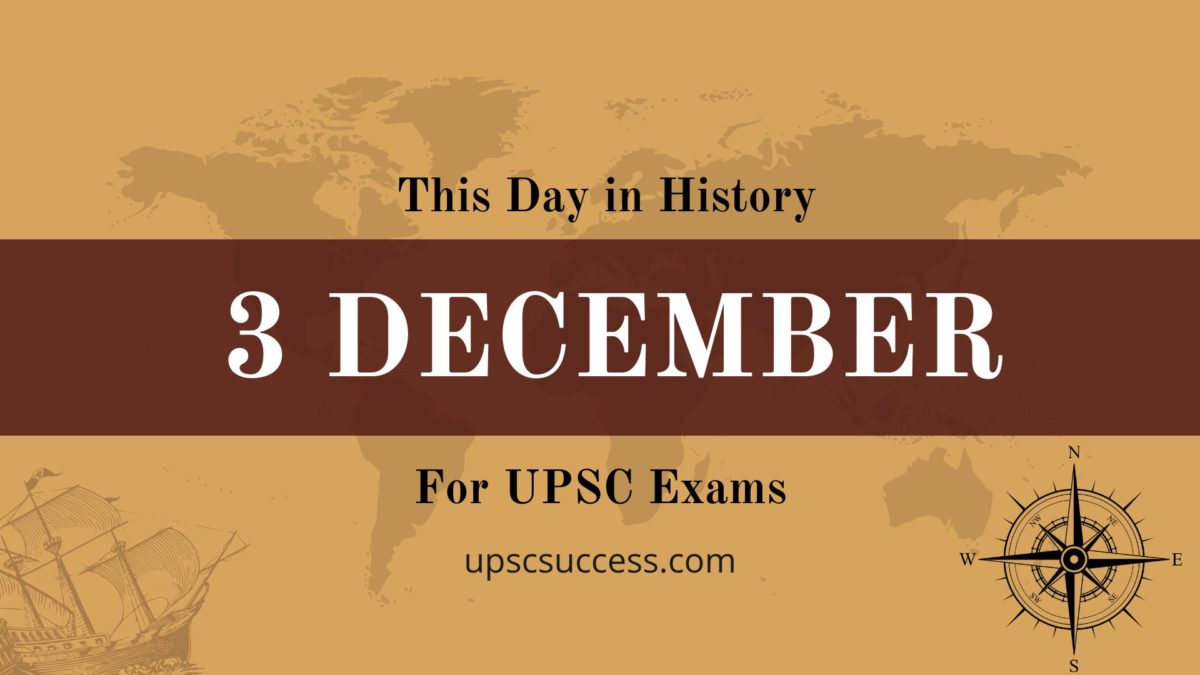Contents
This Day in History on 3 December
The historical events hold a lot of value for aspirants who are sitting for UPSC competitive exams including the IAS Exam.
On this page, we will list all historical events that occurred on 3 December. The students can refer to them while preparing for all competitive exams and banking exams.
Important Days
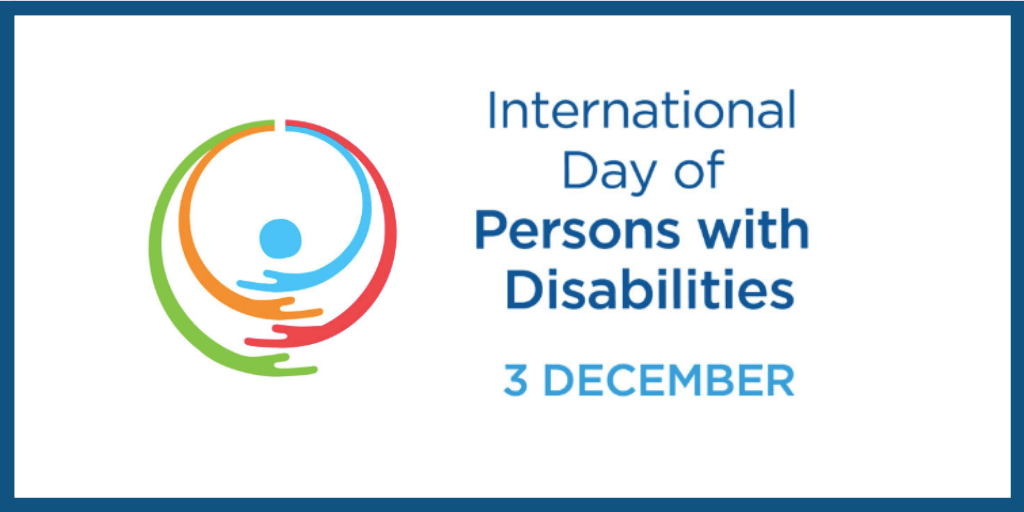
International Day of Persons with Disabilities
Important Events
1790: Lord Cornwallis took away the regulation power from Nawab Murshidabad and Sadar Nizamat was removed from Adalat in Calcutta.
1796: Bajirao II became the Peshwa of the Maratha Empire. He was the last Peshwa of the Maratha Empire.
1818: Illinois became the 21st Queen of the United States.
1828: Andrew Jackson was elected as the seventh President of America.
1829: Viceroy Lord William Bentick banned the practice of Sati in India.
1870: The Bombay Mutual Life Assurance Society, India’s first insurance company, was established.
1889: Khudiram Bose, famous revolutionary and freedom fighter of Muzaffarpur Bomb Case, was born at Habibpur village, West Bengal.
1910: First performance of the world’s first neon lamp, developed by the French physicist Georges Claude, at the Paris Motor Show.
1927: Laurel and Hardy’s first film, Putting Pat on Philips, was released.
1948: 1,100 people killed when a ship carrying a Chinese refugee explodes in the East China Sea.
1955: In exercise of the powers conferred by the provision in Article 343 (2) of the constitution, orders were issued for the use of Hindi language in addition to the English language for specific purposes of the union.
1967: India’s first rocket (Rohini RH 75) was launched from Thumba.
1967: Dr. Christian Bernard successfully performed the world’s first human heart transplant surgery in Cape Town, South Africa.
1970: Rajendra Agriculture University established at Bihar.
1971: National Emergency started in India after the war between India and Pakistan started.
1971: During the ensuing melee, three of the Sabres were shot down while all Gnats returning to base were unscathed. The first blood of a new Indo-Pakistan air war had been drawn. Other encounters were to follow over the next 10 days within both Indian and Pakistani airspace, before a full-scale war began.
1971: Hostilities broke out between India and Pakistan. On the very night that hostilities commenced, with Pakistan bombing several air fields, IN Ships ‘Rajput’ and ‘Akshay’ were leaving Vishakapatnam harbour when they obtained a sonar contact. They fired several depth charges and proceeded on their mission when there was no further evidence of a submarine’s presence. Thereafter, a loud explosion of rattling windows panes off the Vishakapatnam beach was heard . The Pakistani submarine ‘Ghazi’ (a Tench class submarine obtained from the USA in 1964) had come to grief.
1971: India recognises Bangladesh. Indian army marches into Bangladesh and joins hands with Mukti Bahini. Pakistani Army in Bangladesh surrenders to the Indian Commander.
1971: Pakistan took the initiative of striking the airfields both in the East and the West. While the IAF carried out retaliatory air strikes in the West and shot the Pakistan Air Force (PAP) out of the skies.
1971: Indo-Pakistan war begins. On the same day National Emergency was declared by the President of India due to war between both the countries.
1971: Third Pakistani aggression begins with air attacks on airports in the western sector; emergency declared.
1979: Ayatollah Khomeini became Iran’s omnipotent leader.
1984: Bhopal Air Accident: A leak of methyl isocyanate from the Union Carbide plant in Bhopal killed about 1400 people immediately, bringing the total death toll to 20,000 in the following years.
1984: 3,000 people died and more than 50,000 people were badly affected when they inhaled poisonous toxic gas emission from the Union Carbide plant. This event is better known as “the Bhopal Gas Tragedy”, the biggest industrial disaster that occured in India.
1989: Mulayam Singh Yadav named UP CM.
1991: An all-party delegation from Tamil Nadu led by CM Jayalalita urges the PM to gazette the interim award on Cauvery.
1991: Lok Sabha question hour telecast at 7.15 a.m for the first time .
1991: Satinder Kumar Lamba appointed India’s Ambassador to Pakistan.
1992: Indian, UN Operations in Mozambique begins – ONUMOZ – from Dec 1992 to Oct 1994).
1993: Bahadur Prasad wins silver in 1500 m in Asian Track and Field meet in Manila.
1994: PlayStation released in Japan.
1998: India and Portugal sign an agreement in New Delhi for setting up a joint committee to enhance cooperation in science and technology.
1998: Maganbhai Kasundra, (50), Gujarat Minister, dies following a heart attack at his residence in Gandhinagar.
1999: Bhopal gas victims take out rallies to mark the 15th anniversary of the tragedy.
2004: India and Pakistan agreed to restore rail connectivity between Munabav and Khokhrapar after 40 years.
2020: Indian village teacher Ranjitsinh Disale, who transformed the life chances of young girls at the Zilla Parishad Primary School, Paritewadi, Solapur, Maharashtra, India, has been named the winner of the Global Teacher Prize 2020, in partnership with UNESCO.
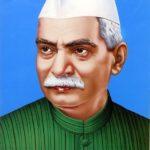
Birth/Birth Anniversary
1730: Mahadji Scindia, a Maratha Statesman and ruler of Ujjain.
1776: Yashwant Rao Holkar, the king of the Maratha Empire (Holkar dynasty).
1857: Joseph Conrad, a Polish-British writer.
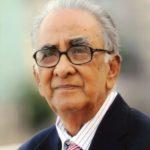
1882: Nandlal Bose, renowned Indian painter, and designer of the original work of the Constitution.
1884: Rajendra Prasad, the first President of India.
1889: Khudiram Bose, an Indian revolutionary.
1894: Deiva Zivarattinam, Indian lawyer and politician (d. 1975)
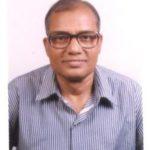
1899: Rama Devi, an Indian freedom fighter and a social reformer.
1903: Yashpal, a Hindi-language author.
1928: Muhammad Habibur Rahman, Indian-Bangladeshi jurist and politician, Prime Minister of Bangladesh (d. 2014)
1937: Vinod Bihari Verma, an Indian linguist.
1948: Surendra Pratap Singh, famous journalist and chief editor of Navbharat Times, was born.
1950: H. L. Dattu, a former Chief Justice of India.
1970: Jimmy Sheirgill, an Indian actor, and film producer.
1979: Sean Parker, an American entrepreneur, and philanthropist.
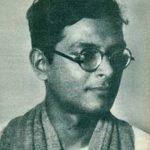
1982: Mithali Raj, an Indian cricketer.
Death/ Death Anniversary
1552: St. Francis Xavier, a Navarrese Catholic priest, missionary, and saint.
1888: Carl Zeiss, maker of optical instruments.
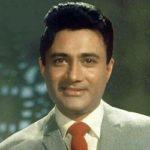
1894: R. L. Stevenson, an English writer, and poet.
1951: Bahinabai Chaudhary, an Indian poetess.
1956: Manik Bandopadhyay, an Indian writer, poet, and playwright.
1979: Major Dhyanchand, an Indian hockey player.
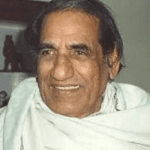
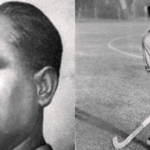
1979: Dhyan Chand, Indian field hockey player and coach (b. 1905)
2003: Sita Ram Goel, Indian historian, publisher and writer (b. 1921)
2011: Dev Anand, an Indian-Hindi film actor.
2020: Mahashay Dharampal Gulati, the owner and CEO of MDH, an Indian spice company.

